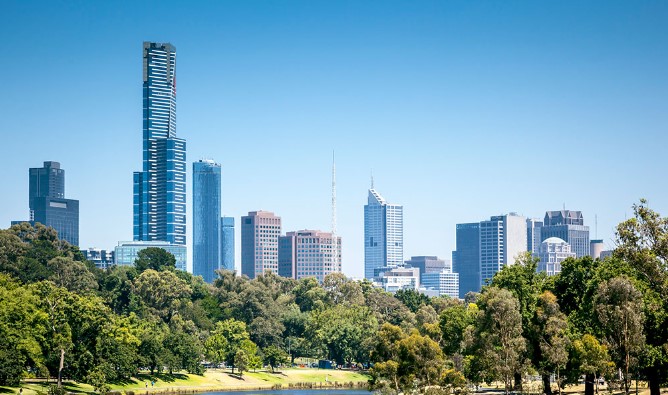Lenders are being more selective when it comes to certain suburbs. Here’s why.
We all have suburbs we wouldn’t want to buy a home in, but did you know that lenders have their own views too?
There are certain suburbs where lenders impose lending restrictions, making it harder for you to apply for a home loan in the areas where there are postcode restrictions.
Known within in a bank as ‘property blacklists’, these suburbs vary from lender to lender. They are commonly found in regional areas or in cities where there is an over-supply of unit developments.
Why do lenders care about postcodes?
Home loan postcode restrictions are another way for lenders to limit their exposure to risk. When you apply for a loan, each lender has a complex set of criteria by which they assess your application. They’ll look at your circumstances, finances, the loan itself, and the property you plan on purchasing.
The size of the lender, the products they offer, and their analysis of the economic market can also influence the suburbs they may have an appetite or not having an appetite.
Ultimately, these postcode restrictions safeguard borrowers from taking on home loan commitments they can’t afford.
Will the restrictions stop me from getting a home loan?
In most cases, lenders will reduce the maximum available Loan to Value Ratio (LVR). In summary, the LVR is what percentage of the purchase price of the property you can borrow, and how much deposit is required. If you’re unable to come up with a larger deposit, your home loan application might be declined.
In most instances, bank will have three decisions that may be provided by the bank:
- Approval (with conditions – conditional approval or unconditional)
- Differed (Bank may require further information to assess the application)
- Declined (Bank is not supportive of the application)
However, the frowned-upon suburbs aren’t set in stone. Postcode changes are cyclical, so lenders review their lists as market conditions change.

How does a postcode become blacklisted?
The large lending institutions often have a set blacklist of suburbs. Smaller lenders are more likely to decide on a case-by-case basis. Here are some of the common reasons a suburb can make the list.
1. Too many apartments
An increasing number of city suburbs with high density or high-rise residential buildings are now out of favour.
Where there is an over-supply of apartments, lenders become concerned about supply outstripping buyer demand. If a borrower defaults on their mortgage, the lender wants to know that they can get their money back when they sell.
If a lender has a significant amount of money already invested in one area, they’ll look to limit their exposure. They might impose tougher lending terms or cap the number of properties they lend against in a single development. Some lenders also ban house-buying incentives offered by developers.
2: It’s regional
Many lenders put restrictions on the maximum amount they will lend on properties in small regional towns. They may be put off by the remoteness of an area if it is not well-serviced by road and rail networks.
A small population and lack of housing demand can also work against a regional suburb, as can economic factors like a high unemployment rate.
3: There’s a single industry
Lenders are cautious of areas with a single industry, as property prices and rental returns are reliant on the fortunes of this industry. Mining towns are a good example, as history has shown property prices to soar during peak times and plummet during an economic downturn.
4: It’s prone to natural disasters
If there is the potential for a bushfire, flood or landslide to damage your property, a lender may not be keen to take on the risk. Depending on the suburb’s natural disaster risk rating, they may still lend to you but require a bigger deposit.
What if you want to buy in an affected area?
Talk to your Finance Circle Group broker partner and we’ll be able to tell you which lenders have postcode restrictions in your suburbs of choice.
We’ll help you hunt around for the right loan and give you the information you need to make an informed decision about buying in a certain area (although we do not consider ourselves as property expert and we are finance professionals with significant experience). If you want to live somewhere for your own lifestyle reasons, then you may be able to work around restrictions. However, if it’s for an investment, choosing an out-of-favour location may not be wise.
What happens if my preferred bank will not accept your property as security?
Choice is really yours. Some applicants may forego the suburb and start looking for alternatives. Some applicants may choose another bank through their broker partner. In most instances, bank will wants to complete a valuation of your property through the valuers in the bank panel. However, it is important to communicating with your broker partner to understand whether there are any restrictions of postcode that you are eyeing on for the next purchase.
FEEL FREE TO CONTACT US FOR AN OBLIGATION FREE DISCUSSION.
Finance Circle Group
info@financecirclegroup.com.au
The information on this website is general information only and is not intended to be a recommendation. We strongly recommend you seek advice from your financial adviser as to whether this information is appropriate to your needs, financial situation, and investment objectives.


